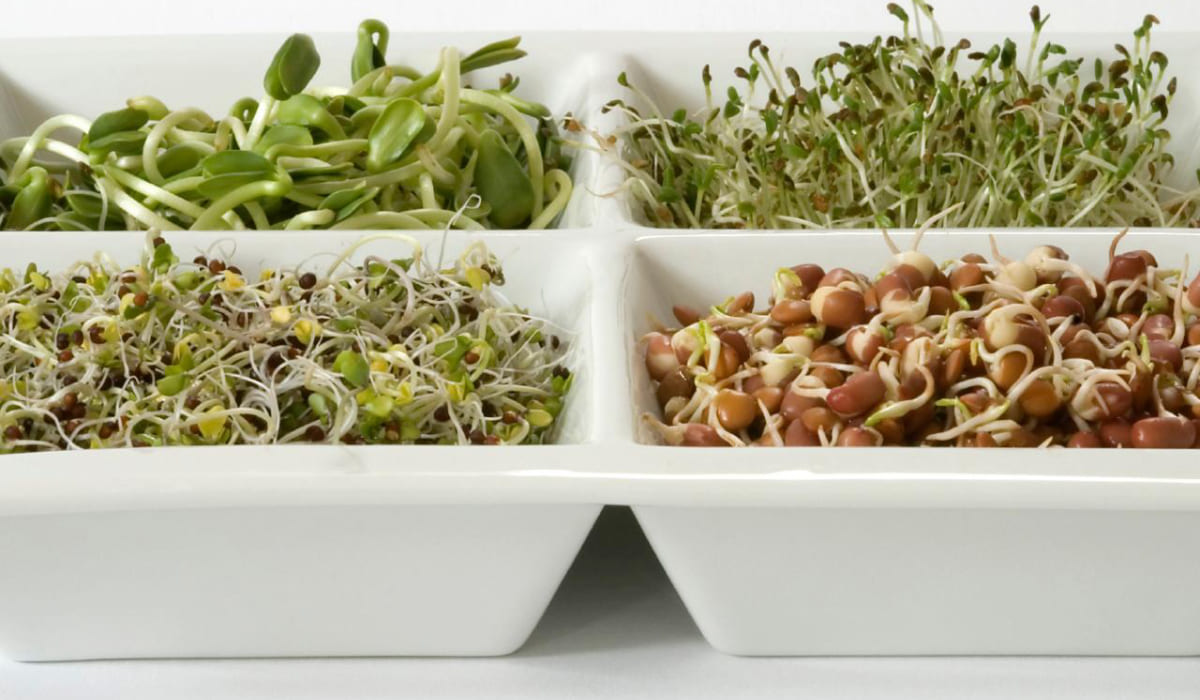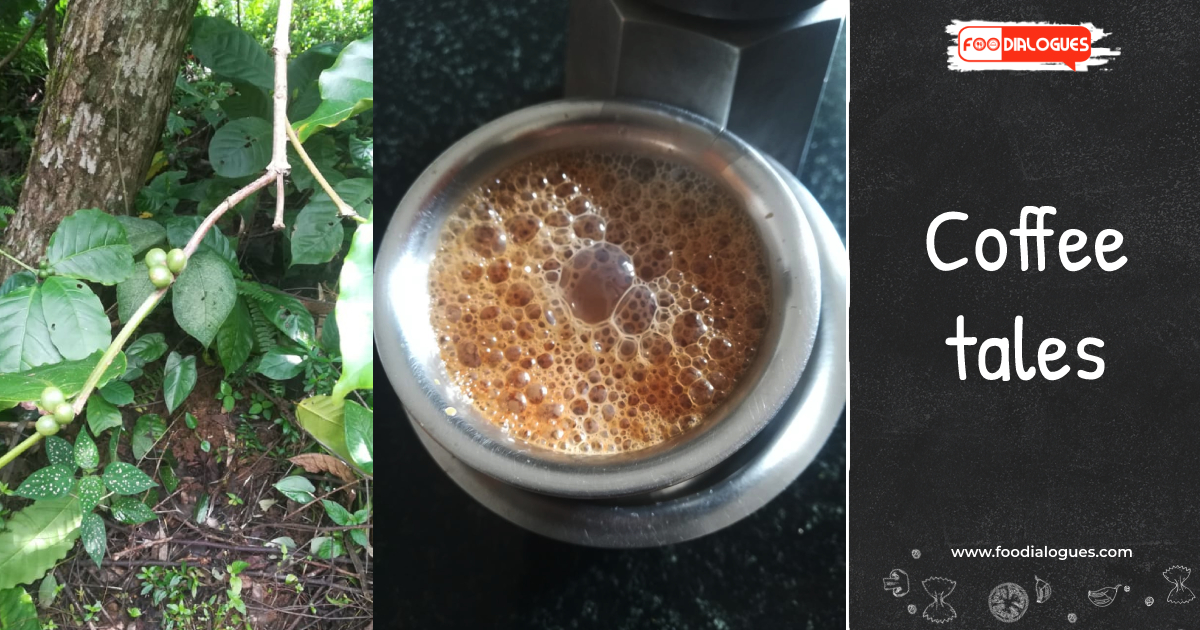WHAT ARE SPROUTS?
Germinated seeds are known as sprouts. They are valued immensely for their nutrition and are recognized as nutrient storehouses. The ancient practice of sprouting turns seeds into an easy to digest food ingredient. Though a variety of sprouts are available in the market, it is always hygienic to make sprouts at home.
METHOD OF SPROUTING
How to choose the seeds
Choosing the right kind of edible seed is most important for successful sprouting. Choose seeds with following characteristics-
- Edible seeds without any cracks or broken edges.
- Seeds that are not chemically treated.
- Raw seeds that is not toasted, roasted or milled.
How to sprout the seeds
Day 1
- Wash the seeds in safe water 2 to 3 times to remove any superficial dust and pesticides.
- Transfer the seeds into a glass bowl.
- Fill the bowl with safe drinking water till all the seeds are submerged.
- Cover with a lid and leave it overnight (8 hours) to soak. Ensure aeration and do not cover the bowl airtight.
- Over soaking will result in rotting of the seeds.
Day 2
- Strain the water well on the following day.
- Transfer the swollen seeds back into the bowl and leave it covered in a cool dry place or wrap it in a kitchen towel and place it back into the bowl.
- Allow the seeds to germinate/sprout for about 14 hours at room temperature.
Day 3
- Check for germination .Seeds would have begun to sprout.
- Continue with the sprouting process till you get the desired length of sprouts.
- Best sprout length is ¼ inch to 1 inch.
COMMON TYPES OF SPROUTS USED IN INDIAN COOKERY
| ENGLISH | HINDI | TAMIL |
| PEAS | MATTAR | PATTANI |
| CHICK PEA | CHANNA | KONDAKADALAI |
| SOY BEAN | SOYA | SOYA |
| FENUGREEK | METHI | VENDAYAM |
| GREEN GRAM WHOLE | MOONG | PAYARU |
| WHEAT GRAINS | GHEHUN | GODHUMAI |
| FINGER MILLET | NACHNI/MADUA | KEZHVARAGU/KEPPAI |
| MAIZE | MAKKAI | CHOLAM |
| PEANUT | MOONGPHALI | VERKADALAI |
BENEFITS OF SPROUTS
Germination or sprouting is a process, which enhances the nutritional content of any edible seed significantly thus pushing them into the class of wonder foods. The advantages of sprouting are-
- Decreases the calorific value of the seeds thereby enhancing the nutrient-energy quotient.
- Improves protein/amino acid digestibility and protein quality.
- Decrease in anti-nutritional factors such as trypsin inhibitors, phytic acid, pentosan, tannins etc.
- Improves the overall nutritional quality of seeds.
- Enhances digestion and absorption of nutrients in the human system.
- Increases the amount of thiamin, riboflavin, niacin and ascorbic acid
- Rich sources of phytochemicals, antioxidants and bioflavonoids all of which help in the prevention of degenerative diseases such as cancer and diabetes.
FOOD SAFETY OF SPROUTS
Sprouts are most commonly consumed raw or lightly cooked as they provide a crisp texture to the food. However the food safety concerns of sprouts has to be addressed because there may be a possibility of foodborne illness outbreaks due to sprouts consumption.
HOW ARE COMMERCIALLY GROWN SPROUTS CONTAMINATED?
IN THE FIELD
While growing in the field due to –
- Unsafe irrigation water
- Animal manure
- Wild animals
- Unsanitary practices
UPON HARVEST
Seeds can be introduced to contamination from-
- Transportation containers
- Vehicles
- Equipment
- Rodents, pests and workers.
OTHER REASONS
- Some varieties of seeds naturally have rough outer surfaces that can allow for microorganisms to easily attach.
- Sprouts require adequate moisture and warm temperatures, both of which create ideal conditions for the rapid growth of microorganisms.
CONTAMINATION OF HOME GROWN SPROUTS
Growing sprouts at home does not make them any safer than those purchased from the market. Care should be taken when they are grown at home to reduce the possibility of sprouts causing a foodborne illness.
HOW TO ENSURE SAFE HOME GROWN SPROUTS
- Purchase good quality seeds
- Ensure that all containers and contact surfaces that touch the seeds and sprouts are kept clean.
- Keep pets away from the seeds and sprouts.
- Always wash hands properly when handling the seeds or sprouts
- Ensure that the use of safe drinking water to wash and soak the seeds.
HANDLING SPROUTS AT HOME
- Buy or consume only fresh sprouts.
- Do not buy or consume sprouts that are limp, slimy, moldy or have an off odor.
- Keep sprouts refrigerated if stored
- Always store in clean containers.
- Wash hands properly before touching sprouts.
- Wash sprouts with cool running safe water directly before use.




